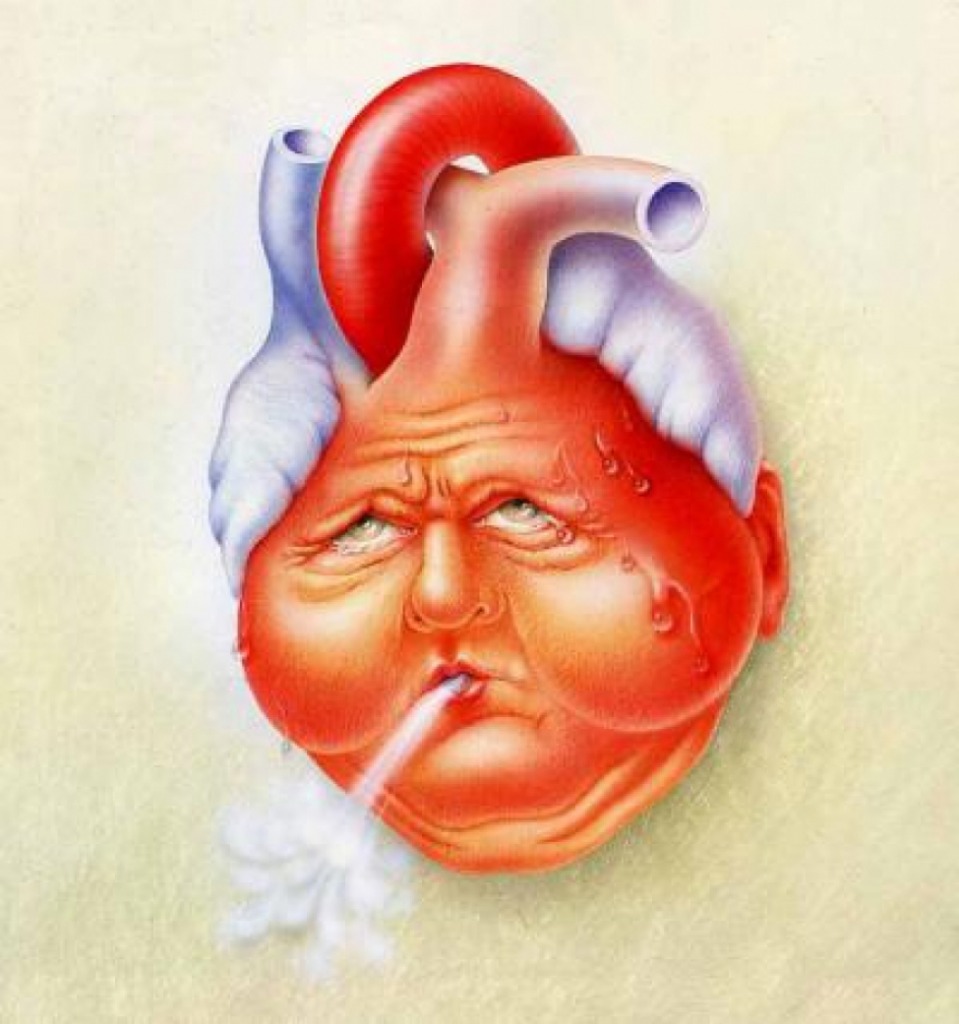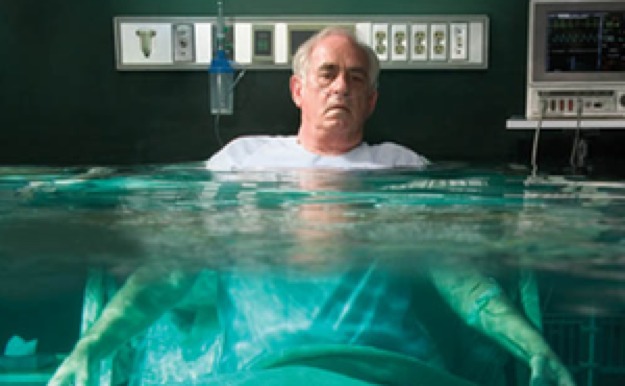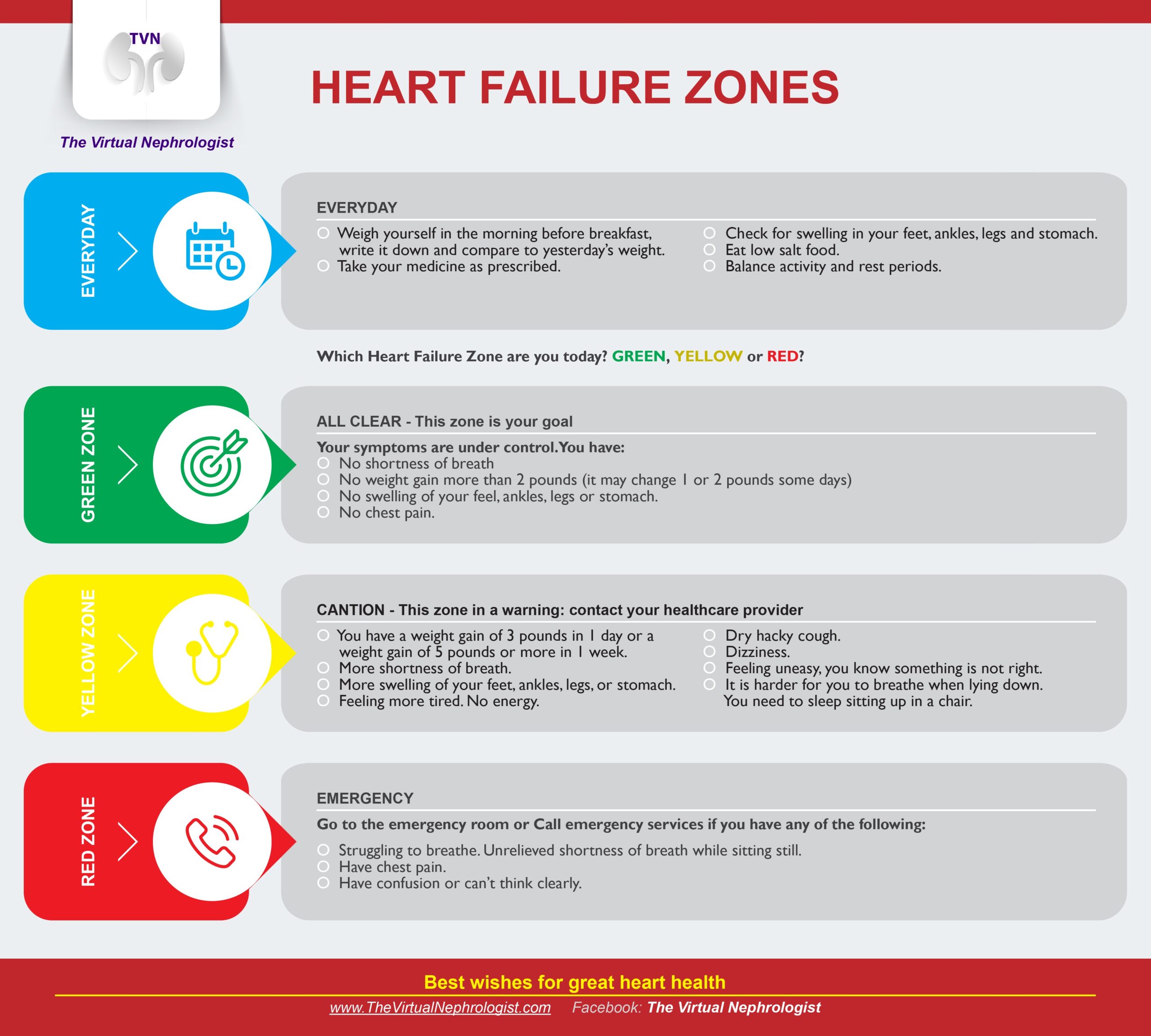Congestive Heart Failure
congestive heart failure is the most common disease for admission to the hospital
What is Congestive Heart Failure?
Congestive Heart Failure, CHF, is a medical condition where the heart’s pumping power is weaker than normal, leading to a slower blood flow through the heart and body, and an increase in pressure within the heart. This results in the heart being unable to pump enough oxygen and nutrients to meet the body’s needs. The heart chambers may respond to this by stretching to hold more blood or becoming stiff and thickened to keep the blood moving. However, this can eventually lead to weakening of the heart muscle walls and a decrease in pumping efficiency. As a result, the body may retain fluid and salt, leading to congestion in organs such as the lungs, arms, legs, ankles, and feet. This condition is known as congestive heart failure.
While symptoms of heart failure are typically due to congestion, in some cases of moderate to severe systolic heart failure, symptoms can be due to the weakened heart’s pumping action, even without the presence of congestion.
.

Types of Congestive Heart Failure, CHF:
-
Systolic Heart Failure, also known as HFrEF, Heart Failure with reduced Ejection Fraction, occurs when the heart muscle weakens, and the heart is unable to pump or squeeze as effectively as it should. This leads to a reduced amount of blood being pumped out of the heart with each beat.
-
Diastolic Heart Failure, also known as HFpEF, Heart Failure with preserved Ejection Fraction, on the other hand, occurs when the heart muscle becomes stiff and loses its ability to relax, making it difficult for the heart to properly fill with blood during the resting phase. Despite the heart’s ability to squeeze normally, the reduced blood flow can still cause symptoms of heart failure.
In summary, systolic heart failure occurs when the heart does not squeeze well, while diastolic heart failure occurs when the heart cannot fill properly with blood.
What Are the Symptoms of Congestive Heart Failure?
Congestive Heart Failure symptoms can range from none to mild or severe and may occur continuously or intermittently.
One symptom of congestive heart failure is congested lungs, which can lead to shortness of breath during physical activity or difficulty breathing while lying down. Lung congestion can also cause a persistent cough or wheezing.
Another symptom is fluid and water retention, which occurs when there is less blood flowing to the kidneys. This can result in swelling in the ankles, legs, and abdomen, also known as edema, and weight gain. This fluid retention may also lead to an increased need to urinate at night and bloating in the stomach, causing loss of appetite or nausea.
Feeling dizzy, weak, or fatigued are other common symptoms of heart failure. This occurs when there is less blood reaching major organs and muscles, making them feel tired and weak. In some cases, a decrease in blood supply to the brain can cause confusion or dizziness. Always check your blood pressure.
Rapid or irregular heartbeats are also common symptoms of heart failure. The heart has to pump faster to supply enough blood to the body, which can result in a fast or irregular heartbeat.
Proven medication to keep you out of the hospital and live longer as well as possibly improve the heart function
INSTRUCTIONS: ONE MEDICATION FROM EACH GROUP 1,2,3
IF African American use also GROUP 4
TO CONTROL CONGESTION SYMPTOMS, USE DIURETICS
GROUP 1: ONLY ONE MEDICATION (DO NOT MIX)
Angiotensin-Converting Enzyme (ACE) Inhibitors
Commonly prescribed include:
Captopril (Capoten)
Enalapril (Vasotec)
Fosinopril (Monopril)
Lisinopril (Prinivil, Zestril)
Perindopril (Aceon)
Quinapril (Accupril)
Ramipril (Altace)
Trandolapril (Mavik)
Angiotensin II Receptor Blockers (or Inhibitors)
(Also known as ARBs or Angiotensin-2 Receptor Antagonists)
Commonly prescribed include:
Candesartan (Atacand)
Losartan (Cozaar)
Valsartan (Diovan)
Angiotensin-Receptor Neprilysin Inhibitors (ARNIs)
ARNIs are a new drug combination of a neprilysin inhibitor and an ARB.
Sacubitril/valsartan (Entresto)
GROUP 2: ONLY ONE MEDICATION (DO NOT MIX)
Beta Blockers
(Also known as Beta-Adrenergic Blocking Agents)
Commonly prescribed include:
Bisoprolol (Zebeta)
Metoprolol succinate (Toprol XL)
Carvedilol (Coreg)
Carvedilol CR (Coreg CR)
GROUP 3: ONLY ONE MEDICATION (DO NOT MIX)
Aldosterone Antagonists
Commonly prescribed include:
Spironolactone (Aldactone)
Eplerenone (Inspra)
GROUP 4: Hydralazine and isosorbide dinitrate
(specifically benefits African Americans with heart failure)
Hydralazine and isosorbide dinitrate (combination drug) – (Bidil)
TAKE CONTROL OF FLUID SYMPTOMS:
Furosemide (Lasix)
Bumetanide (Bumex)
Torsemide (Demadex)
Chlorothiazide (Diuril)
Amiloride (Midamor)
Chlorthalidone (Hygroton)
Hydrochlorothiazide or HCTZ (Esidrix, Hydrodiuril)
Indapamide (Lozol)
TAKE CONTROL OF YOUR HEART FAILURE
Losing or maintaining your weight
Tracking your daily fluid intake
Avoiding Alcohol
Avoiding or limiting caffeine
Eating a heart-healthy diet
Being physically active
Managing stress
Monitor your blood pressure, learn to check
SPECIALTIES
PHYSICIANS RESOURCES
SERVICES
CONTACT US
P.O. Box 1750
Lynn Haven, FL 32444 – 5950
United States of America
e-mail: info@TheVirtualNephrologist.com
tel : +1 (929) 379.6953
fax: +1 (850) 914.3004


